With President Bola Tinubu’s directive to the Nigerian National Petroleum Company Limited to sell the crude meant for local consumption to Dangote and other local refineries in naira, a lawyer and energy consultant, Liborous Oshoma, told DARE OLAWIN that the Dangote refinery should sell fuel to depot owners and other marketers in local currency to ease forex pressure
There has been a series of controversies about the Dangote refinery, what are your views about it?
I think what is basically playing out here is like two friends quarrelling over a pot of soup. You have a government that has been overly protective of Dangote but now feels he (Dangote) should play by the books, and then the man feels the government does not want to protect his $20bn investment in a country where others are stealing and taking the money away. Well, I believe that every government should be protective of its local industries. But at the same time, those industries should not be overly protected to the detriment of the smaller players. If the government is waking up now, kudos to them. We don’t want to create a monopoly. The government is not saying that they don’t want to protect Dangote, but they are saying the terms of business should not be the one that will create a monopoly. I have had the course to weigh the two and I asked, why is the government saying Dangote is creating a monopoly? In my research as a consultant to the energy sector, I know that no government would ever put its energy security in the hands of one man or one company. They try to create a balance. Unfortunately, Nigerian society is one with a herd mentality, where we like to support persons we feel are being deprived by the government because the government has consistently punished all of us. The same people who accused Dangote months ago of benefitting from the forex bazaar when the former CBN Governor, Godwin Emefiele, was arrested, are the same people today shouting about the government trying to kill Dangote’s business because the tables have turned. Same way, if Dangote’s refinery is unable to produce PMS in the shortest possible time, the same people will call for his head.
Today, the people feel the regulators want to kill a local investment like Dangote Refinery. The government has said it doesn’t want to kill it. What it wants to do is to ensure that the same way we have Dangote, it also wants to have other people who have invested trillions of naira in the downstream sector, like members of the Depot and Petroleum Products Marketers Association of Nigeria and IPMAN. These are distributors and marketers, they are depot owners, and they should also survive alongside Dangote. If you put all of them under Dangote, that means you are putting your energy security in the hands of one man. What if the man wakes up one day and says I don’t have to give?
But the depot owners and the marketers said they are ready to buy fuel from Dangote
(Cuts in) So what’s stopping them from buying from him? Is it the Federal Government that is dictating to them to stop buying from Dangote? No! In June, for example, they (depot owners) met with Dangote, saying that it would be cheaper for them to buy products from Dangote refinery, but the business model has to be competitive. The concerns raised were worries about his business model which is to sell fuels directly through the gantry which can load 3,000 trucks per day and also cut vessel loading for local consumption which will automatically also cut off vessel supplies to deports in places like Koko, Oghara, Lagos, Port Harcourt, Calabar and other locations. They also complained about a price disparity of $50 per metric tonne between local marketers and foreign traders as the foreign traders get the product cheaper than what is offered to the local companies. Another area was having to open LCC as they were buying from Dangote in dollars. What is the rationale for selling diesel in dollars to local companies in Nigeria, since they claimed that NNPCL was already selling to them in naira? It means there would still be pressure on the naira as local marketers would still have to source for forex to buy from him. Unfortunately, the complaints were never addressed, rather NMDPRA directed all marketers to source products from Dangote which the marketers resisted until the same NMDPRA reversed the directive.
I also want to ask, in the absence of pipelines, can we eliminate vessel transportation of AGO from the refinery to depots? If you are trucking all products, you would require 606 trucks to carry 15,000 metric tonnes of diesel from the Dangote refinery to Port Harcourt or Calabar, something you can ordinarily transport with a light vessel.
Have you heard that Dangote is investing in pipelines?
I am only aware of the pipeline from the refinery to a tank farm in Epe, I am not aware that Dangote is building pipelines in any other places. The question is, what is Dangote’s investment in pipelines before the refinery? How do you build a 650,000 barrels per day refinery without thinking of where you are going to get your crude from? We know that Dangote is using VLCC (very large crude carrier) to carry crude to his refinery. These are what commodity traders also use. Go and check, the world over, if you build a refinery, you should be able to pipe crude to the refinery; not just piping crude, you should also be able to pipe out refined products, otherwise, it will add to the cost of your production and you will not be able to balance your crude, considering the fact that the refinery is yet to start refining PMS also. It is only in Nigeria you have people investing in refineries but are not bothered about the facility for piping. In Dangote’s case, you have to transport the crude oil from Niger Delta using the vessels because there are no pipelines. To take out the products also, there are no pipelines. So, what you have is while foreign marketers are taking theirs in barges, our local marketers are requested to bring in trucks. Dangote refinery has a gantry that can load 3,000 trucks per day, which ordinarily should accommodate our national daily consumption. But the challenge for this national consumption is, how are you going to take 3,000 trucks per day through our roads? Who fixes the roads? If you fix the road to the refinery, are you going to fix the one to Calabar, Abuja or Port Harcourt? The essence of all of this is to allow both the big players and the small players to play.
Are you aligning with the words of the NMDPRA that Dangote wants to turn himself into a monopolist?
I am not a regulator, but if the NMDPRA said the man wants to turn himself into a monopolist, we should find out why they are saying so. How will it be possible without the connivance of the NMDPRA? The regulator said Dangote is requesting the 450,000 crude oil available for local consumption and that he also wants to stop the issuance of import licences to depot owners. But the regulator said if it stopped issuing licences, that would naturally eliminate competition in the markets; that means the marketers wouldn’t have an alternative. So, they will be tied to the terms and conditions of Dangote. But if they have an alternative to import, they will negotiate with Dangote from a position of strength, not a position of weakness. That’s why the regulator is saying we don’t want you to turn to a monopolist. I truly believe that no regulator should allow a player to become a monopolist, especially in the energy sector, However, on the issue of whether it’s 45 per cent complete, I agree that by law the regulator is mandated to certify the quality of any product from any refinery in the country whether public or private, and so they have records, the only question I would ask is if the refinery is 45 per cent completed and do not yet have a license, why did the regulator allow it to start production in large commercial volume, and if the product is bad, why allow them to sell sub-standard products?
I also believe such statements should not have been made publicly by the regulator considering the fact that they are the regulators and should not be seen to be demarketing the refinery. Well, both sides have said a lot that should not be said in the public.
Do you think Dangote should meet with these depot owners and marketers as a way to end this crisis?
Yes, because before the war, there was a table, and after the war, there will always be a table. So, I think for it to be a win-win situation for all of them, some people should come down from their high horses. It is going to be a win for Dangote because whether you like it or not, he will soon start producing PMS and the refinery has the world as a market. It will be detrimental to him to start fighting his local regulators now, and that will give the international companies an edge. But if he sits down with his local distributors, marketers and the local regulators and also fine-tunes his business model, especially now that the President has instructed that he should get the crude meant for local consumption, there will be meeting points, it will be good for all. Dangote should consistently engage depot owners and marketers. He should also be ready to sell to the locals in naira. And then, this idea of everybody trucking would also not work. Some people will have to use smaller vessels. He will have to make allowances for all of that. And this idea of also saying that everybody must purchase from him would also not work. Once he fine-tunes his business model, everybody gravitates towards him.
What is your advice generally?
Whatever goes up must come down. Parties should sheath their sword. The government should also find a way of meeting both parties at a middle ground or parties should meet and agree on the ways to move forward in the interest of their businesses. Dangote should also have it at the back of his mind that he has pumped money into that business, and at the end of the day, head or tail, win or lose, he would be the better for it. There are some things you ordinarily won’t tolerate as a businessman but overlook because of the nature of your investment on the ground. The Federal Government should have it at the back of its mind that Dangote is a big businessman here, who needs our protection. But in doing that, they should also protect the smaller ones, so they also can grow to become a Dangote someday.

 3 months ago
41
3 months ago
41
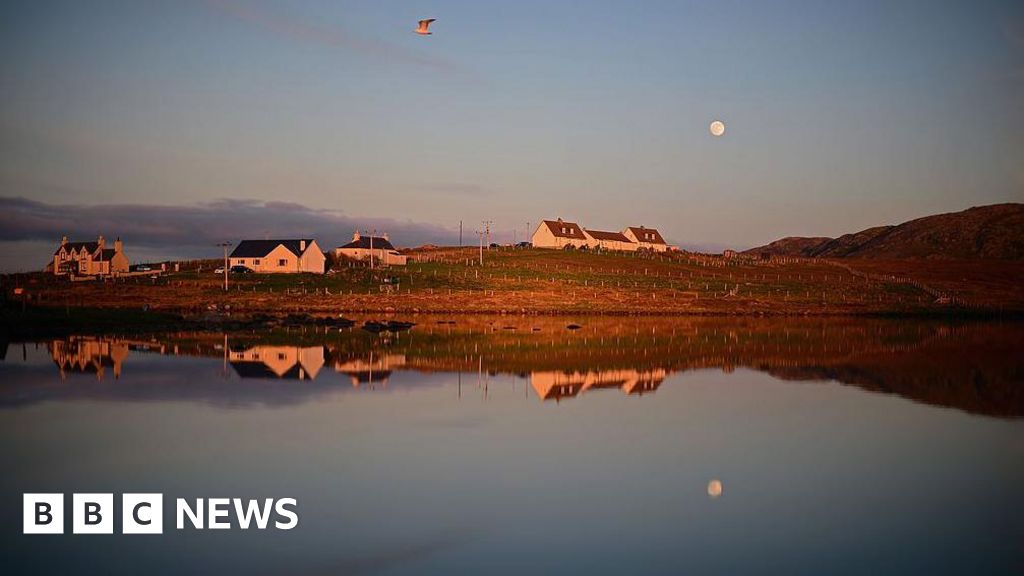
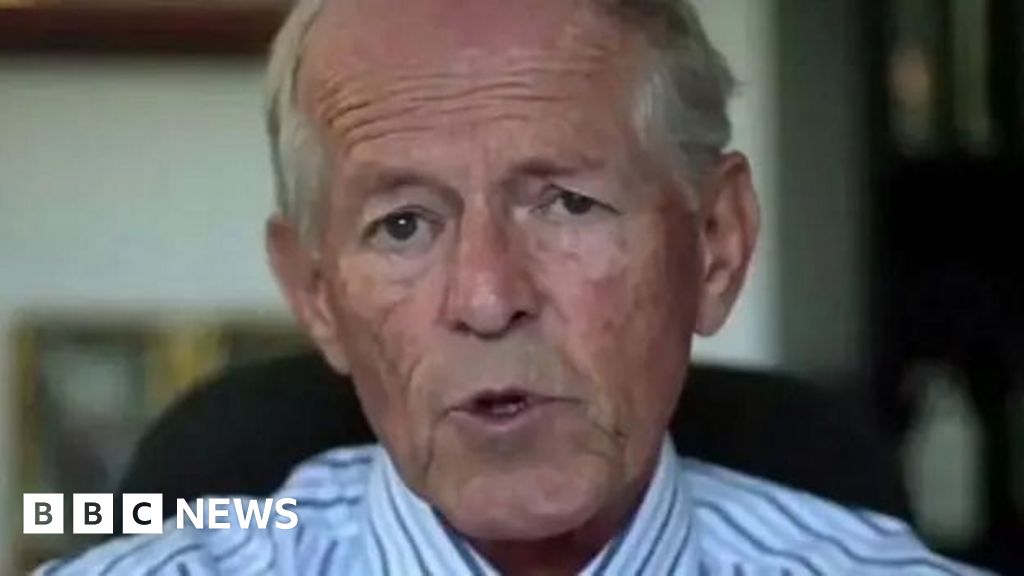
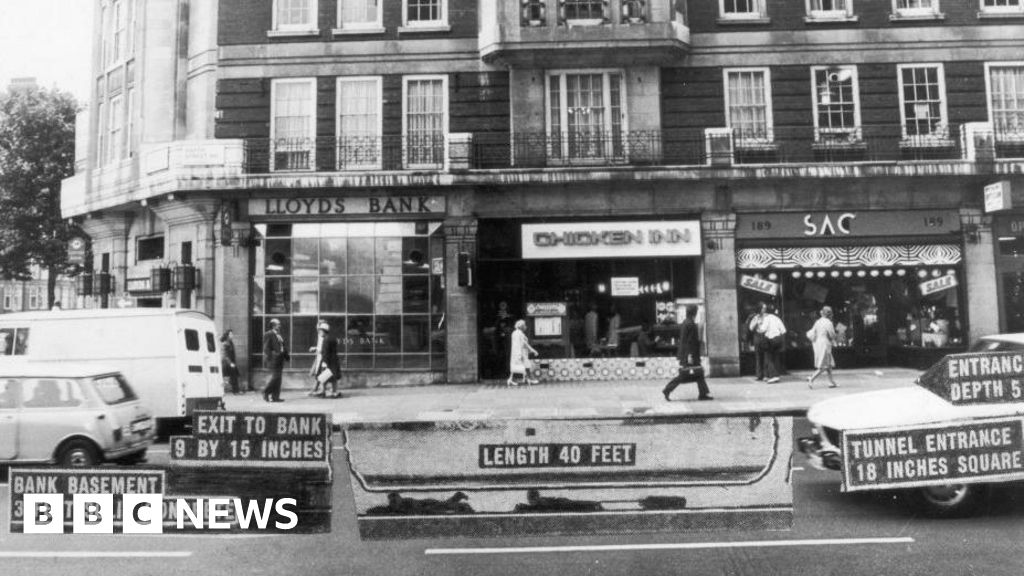
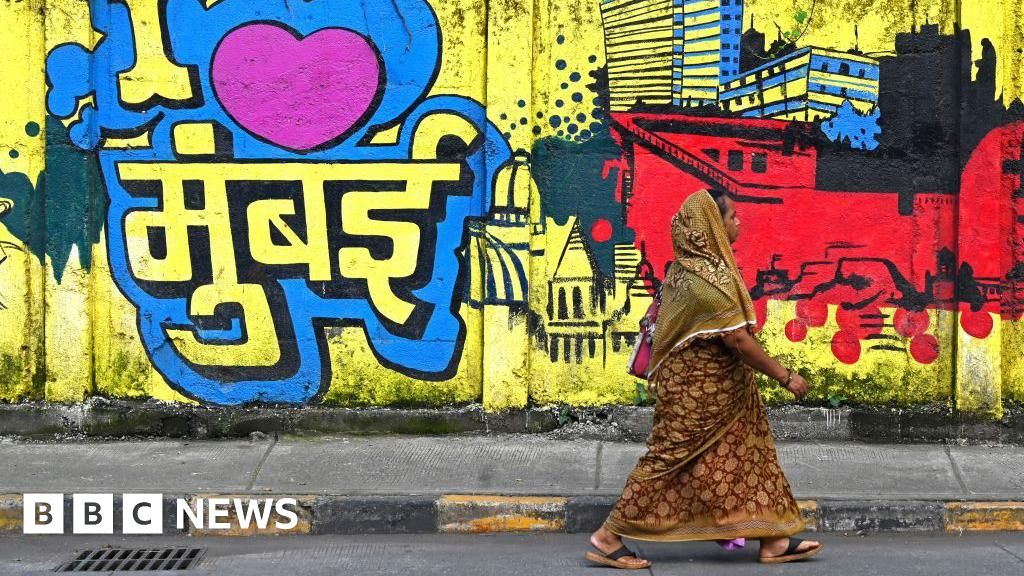
![[LIVE UPDATES] #OndoDecides2024 : INEC begins collation of results](https://cdn.punchng.com/wp-content/uploads/2023/07/11134108/INEC.png)



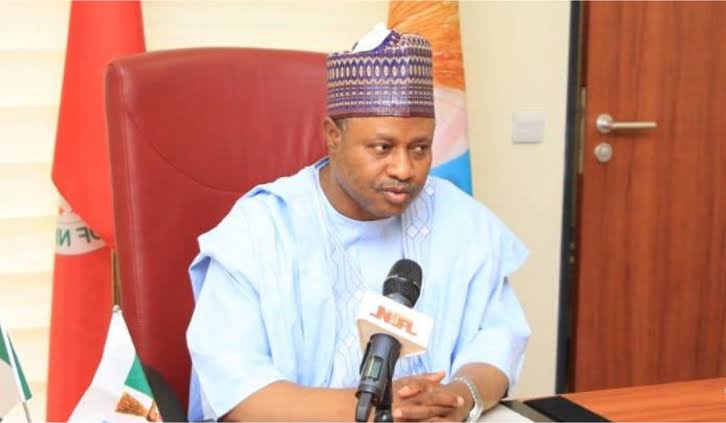
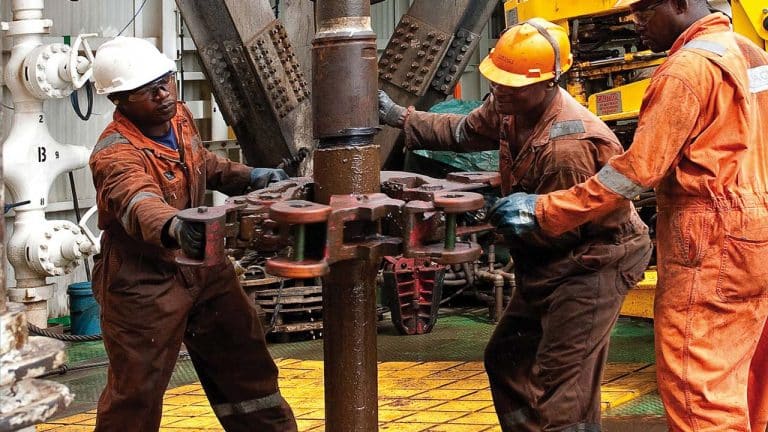



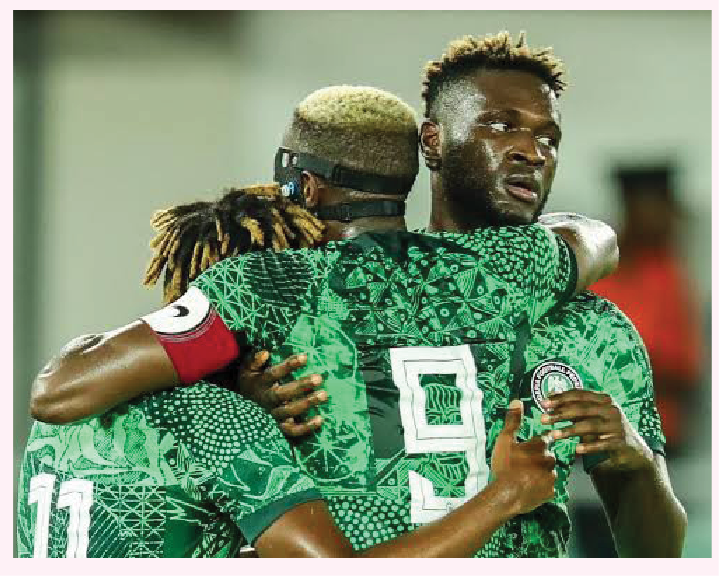
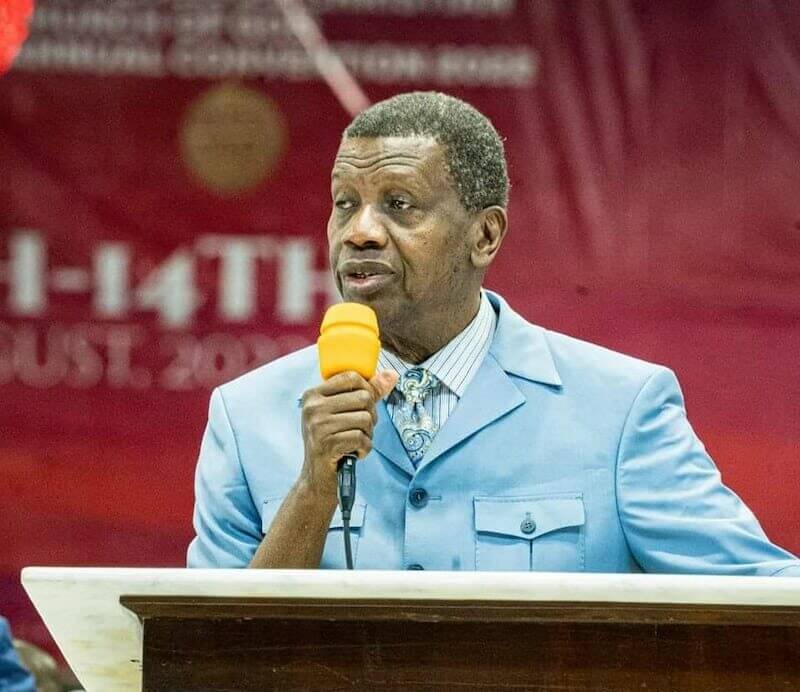
 English (US) ·
English (US) ·